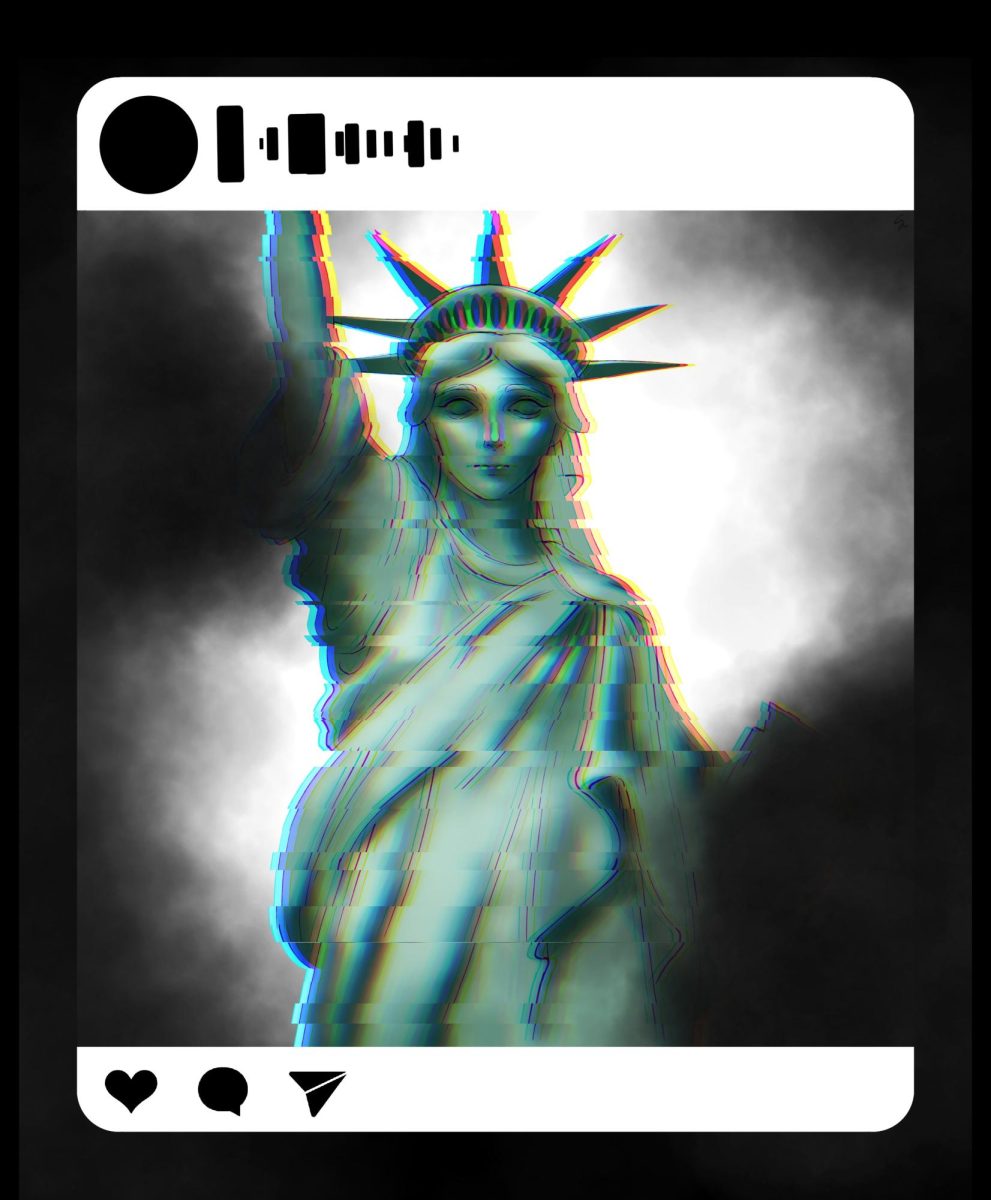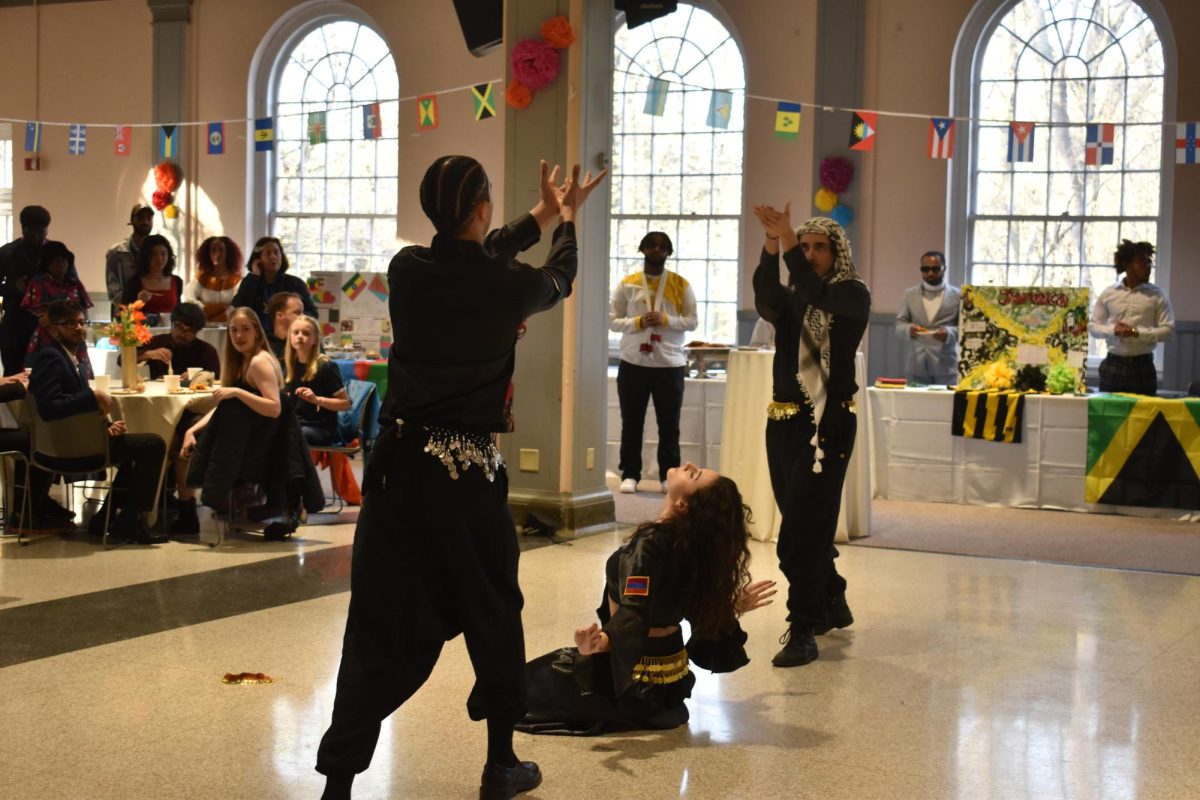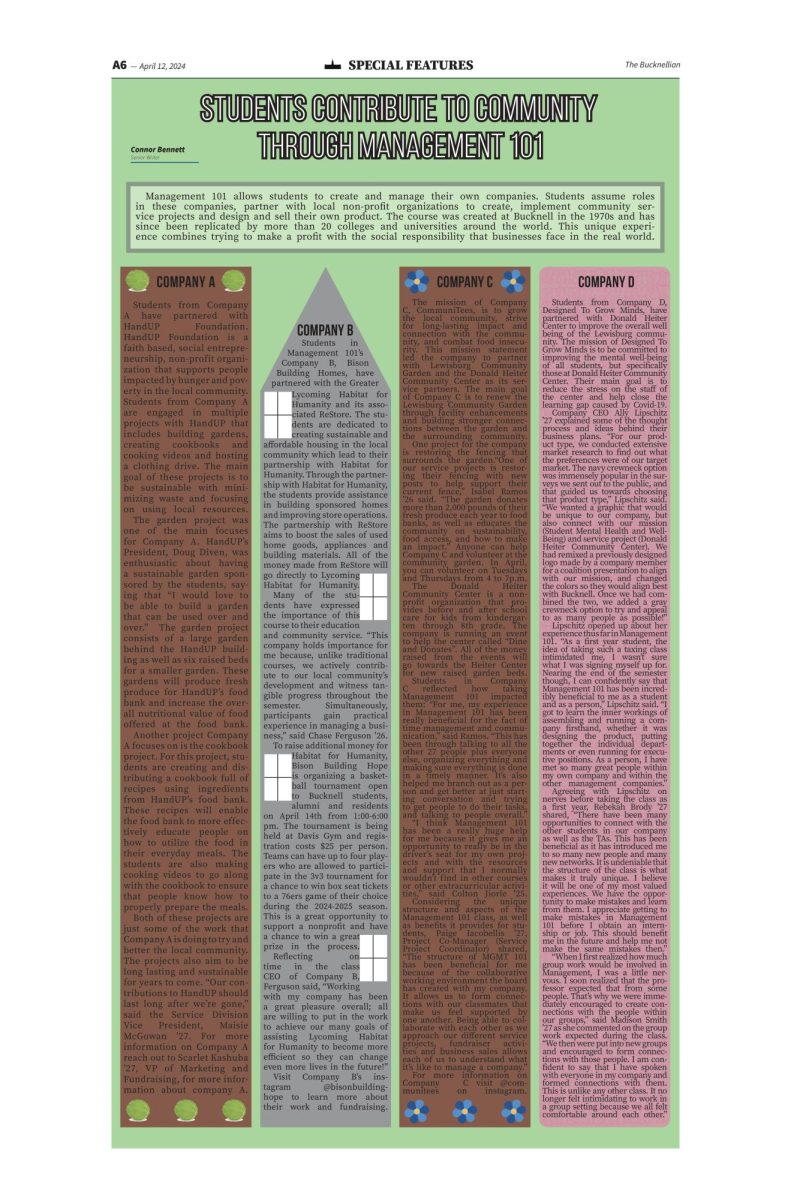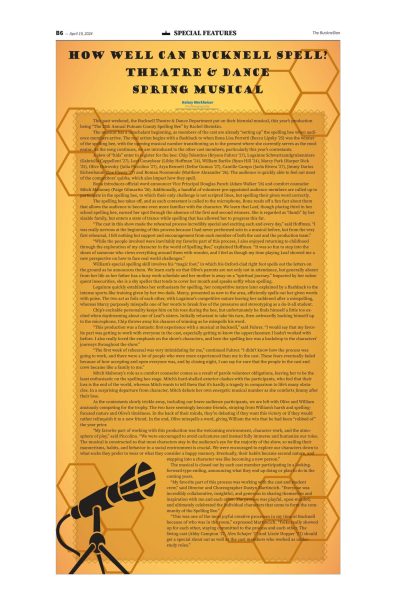Editorial: Moment of Reflection
November 19, 2015
There have been many reactions worldwide to the terrorist attacks that occurred on Nov. 13 in Paris, including disbelief, sympathy, and anger. It may not have been on the same scale as the Sept. 11, 2001 attacks, but the fundamental reactions were similar. When we see innocent civilians being shot at for reasons with no sound basis, we immediately question why it is happening. Once we overcome that shock, we can work toward answering that question and building a response.
When you personally know someone who is in or around the area of an attack, you finally understand how real terrorism is. When you share a personal connection with someone, your emotions immediately come into play. While no University students were in the direct areas of the attacks, there were some students studying abroad in France.
Even if you don’t know someone personally, that doesn’t mean that you can’t help or sympathize with him or her.
It is first important to understand what this terrorist group is, and why they do not reflect the entire Islam community. There is reason to be upset, but there should not be retaliation against the wrong people. We may not be able to stop this terrorist group individually, but we can show our support and trust in those who are facing stereotypes and injustices simply because of their religion.
Finally, the oppression that has been brought upon those outside of Paris should not be left out. The media has focused only on Paris, and did very little to bring to light the problems facing Beirut and Baghdad, both of which had suffered attacks during the same week as the Paris attacks.
We don’t want our support to be isolated. By that, we mean that we shouldn’t support only Paris for a short period of time, begin to ignore some of the problems that other areas are facing, and then experience the cycle again if another major incident occurs. These problems are surfacing more frequently than ever, and our continuous support and awareness can help bring these issues to the forefront for a sustained period of time.
Nationally, we can see a more direct action that is in response to all of those who have suffered. President Barack Obama has controversially decided to reject the use of additional military force in the Middle East, and has allowed Syrian refugees to enter the United States. This demonstrates how we still hope to aid those who are suffering from these incidents, while maintaining our own interests by not delving militarily into more issues in the Middle East.
The introduction of more refugees into our country will create a vacuum. We don’t know what to expect. We may see some hateful, anti-Muslim sentiments, and other ill-willed feelings in this nation, but that will stem from those who don’t know who these refugees really are. Through our continued support over the next few weeks, months, and even years, we can open the idea of who the refugees are and why they deserve to be in the United States as much as we do.


























